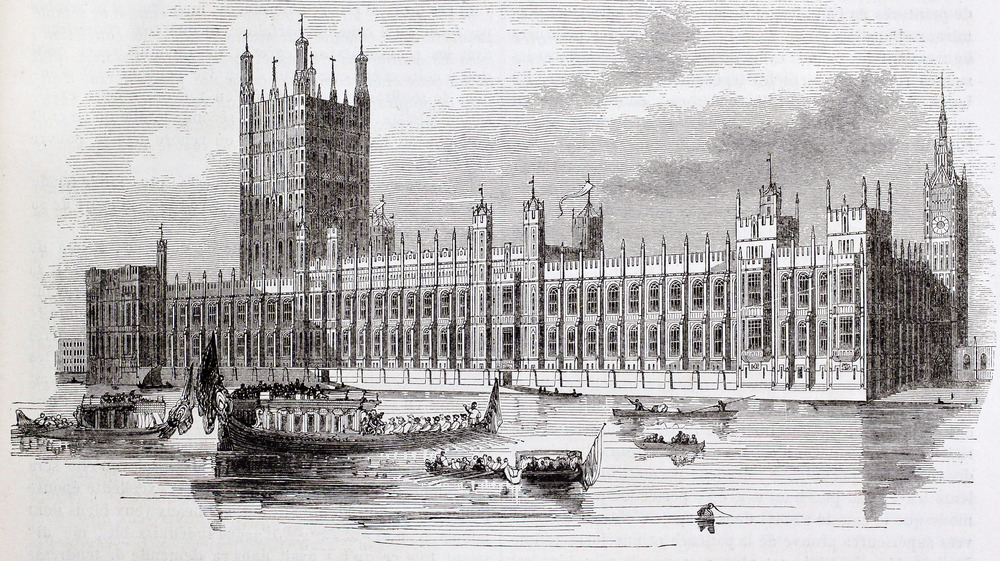The Person Who Parkinson's Disease Is Named After
Parkinson's disease is a brain condition that can cause sufferers to have random and uncontrollable shaking or trembling, poor nerve function, and eventually destroys the ability to move or speak normally. Boxing legend Muhammad Ali had the disease. The Parkinson's Foundation reports that actors Michael J. Fox and Alan Alda, as well as singer-songwriter Neil Diamond (he of "Sweet Caroline" fame), are also battling the illness. The Foundation also explains that shaking and trembling are not the only symptoms. Individuals might also suffer from a reduced ability to smell, as well as emotional issues like anxiety and depression.
But exactly who was Parkinson, and why is that name attached to what the Parkinson's Foundation calls a "neurodegenerative disorder"?
The condition was named after an English doctor, James Parkinson. In 1817 Dr. Parkinson published a book regarding a condition he then called, "The Shaking Palsy." The book was titled An Essay on the Shaking Palsy, and in it he described a series of symptoms he observed in six of his patients.
But it wasn't until 1865 that the condition became known as Parkinson's disease. The National Center for Biotechnology Information states that the term was first used by Scottish doctor, William Russell Sanders. Dr. Sanders coined the term in a study in an effort to make a distinction between the symptoms of Parkinson's and paralysis in a patient. Soon after, French neurologist Jean-Martin Charcot would cite that work and popularize the term, according to the American Association for the Advancement of Science.
More than a Doctor
Born on April 11, 1755, Parkinson was destined to study medicine. His father, John Parkinson, was a surgeon, and James followed him down the same path, making his way into the medical field working as an intern with his father before studying on his own.
Outside of his discoveries in medicine, Parkinson was noted for several other accomplishments. He was quite vocal politically, championed humanitarian causes, and spoke up for issues of the working class. He joined the reformist group, London Corresponding Society, and wrote booklets supporting ideas that pressured the government, criticized taxing, and called out corruption. Naturally, Parkinson's radical views made him a target of Parliament and he was even cited for possible involvement in an apparent plot to kill King George III.
Author Cherry Lewis highlights the ordeal in her book, The Enlightened Mr Parkinson, discussed at Open Democracy, and stated that the situation was an attempt to silence Parkinson and others alike. Parkinson had no actual involvement in the plot, but his bravery to be an outspoken critic of Parliament during a politically hostile time is one for which he is not often remembered.
The Parkinsons' Life website tells us that Dr. Parkinson died in 1824, seven years after publishing his groundbreaking work. Sadly, two centuries later, there is still no cure.

